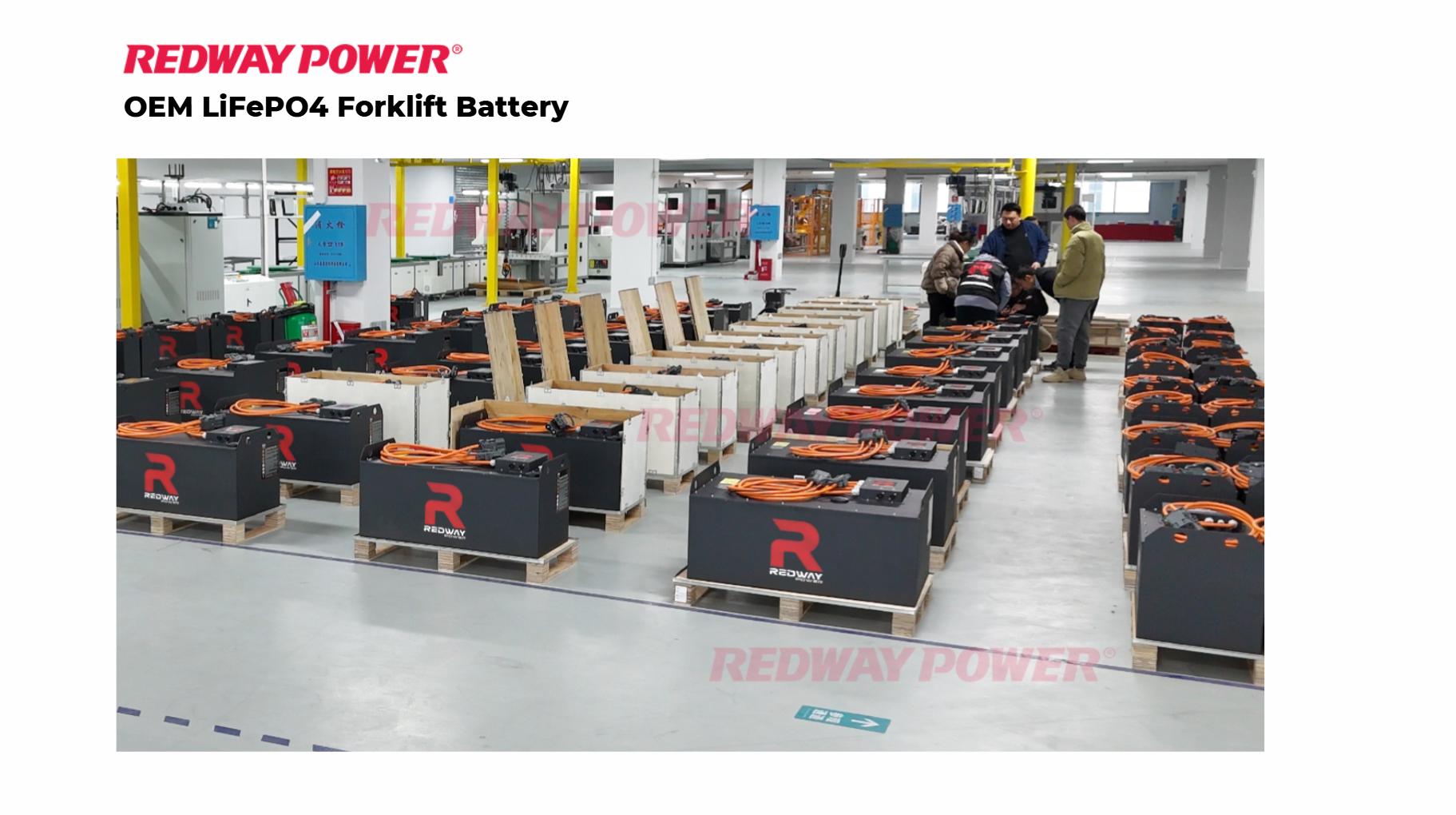Current trends and future directions in the forklift industry highlight a significant shift towards electrification, particularly through lithium-ion technology, which promises enhanced efficiency and sustainability. This article delves into these trends, innovations, and market dynamics shaping material handling equipment.
What is driving growth in the electric forklift market?
The electric forklift market is experiencing robust growth due to increasing demand for sustainable operations, cost efficiency, and advancements in battery technology. Industries such as logistics, manufacturing, and retail are adopting electric forklifts as they provide lower operating costs and reduced environmental impact compared to traditional internal combustion models.Chart: Key Drivers of Electric Forklift Growth
| Driver | Description |
|---|---|
| Sustainability | Growing emphasis on reducing carbon footprints |
| Cost Efficiency | Lower fuel and maintenance costs |
| Technological Advancements | Improved battery technologies like lithium-ion |
| Regulatory Support | Government incentives for cleaner technologies |
How will lithium-ion batteries impact the forklift industry?
Lithium-ion batteries are set to dominate the forklift sector due to their superior performance characteristics, including faster charging times, longer lifespans, and reduced maintenance needs compared to lead-acid batteries. Their adoption allows for more efficient operations and less downtime.
What innovations are shaping electric forklifts today?
Innovations such as regenerative braking systems, advanced battery management systems, and integration of AI for operational efficiency are transforming electric forklifts. These technologies enhance performance by recapturing energy during operation and optimizing battery usage.
What factors are contributing to market expansion for forklifts?
Market expansion is driven by rising demand for material handling solutions across various sectors, increased focus on automation and efficiency, as well as ongoing technological advancements that enhance forklift capabilities.
How are consumer preferences shaping industrial equipment choices?
Consumers increasingly prefer equipment that offers sustainability, lower total cost of ownership, and advanced features such as automation capabilities. This shift is pushing manufacturers to innovate continuously and meet evolving customer expectations.
What challenges does lithium-ion technology face moving forward?
Despite its advantages, lithium-ion technology faces challenges such as safety concerns related to thermal runaway incidents, high initial costs compared to traditional batteries, and environmental considerations regarding battery disposal.
When will autonomous forklifts become mainstream?
Autonomous forklifts are expected to become mainstream within the next decade as technology matures and businesses seek greater efficiency through automation solutions that reduce labor costs while enhancing safety.Expert Views:
“The transition towards electric forklifts powered by lithium-ion technology represents a pivotal moment for our industry—one that emphasizes sustainability while driving operational efficiencies,” says an expert from Redway.
Conclusion
The forklift industry is undergoing significant transformation driven by electrification trends, particularly with lithium-ion technology leading the charge towards more efficient and sustainable operations. Understanding these trends will be crucial for stakeholders aiming to navigate this evolving landscape effectively.
FAQ Section
- What benefits do electric forklifts offer over traditional models?
Electric forklifts provide lower operating costs, reduced emissions, quieter operation, and less maintenance compared to internal combustion models. - How long do lithium-ion batteries typically last?
Lithium-ion batteries can last anywhere from 5 to 10 years depending on usage patterns and maintenance practices. - Are autonomous forklifts safe for warehouse operations?
Yes, autonomous forklifts are designed with safety features that allow them to operate alongside human workers while minimizing risks.



